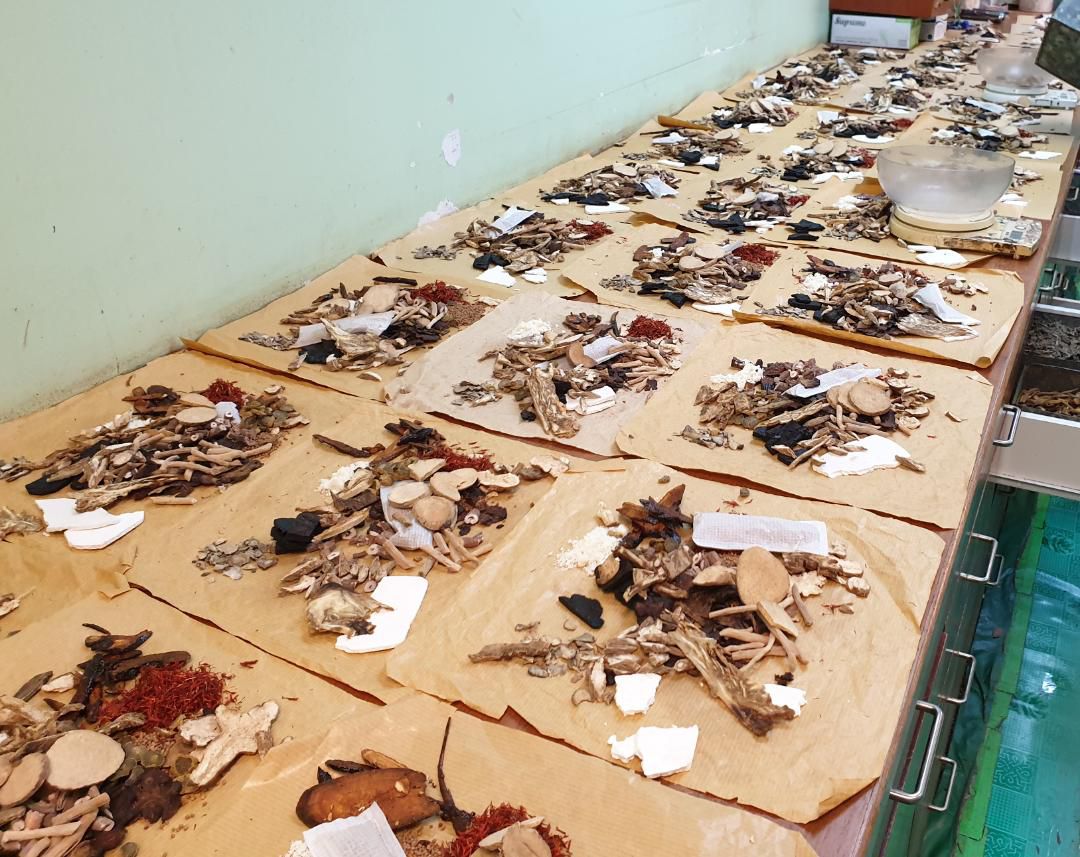An ovarian cyst is a sac or pocket filled with fluid in the ovary or on its surface. Every woman has two ovaries, each of which has an almond-like size and shape on both sides of the uterus.
The ovum or egg that develops and matures in the ovary will be released in the monthly menstrual cycle. Most women will experience this condition where only a few will feel uncomfortable and others will not feel anything at all.
It is also not dangerous but as a precaution, you can do pelvic treatment on a regular basis. This is to ensure that there are no symptoms or signs that your health is in danger.
The majority of those who suffer from this problem will heal on their own within a few months. However, if the cyst has ruptured, it will give more serious symptoms.
Most cysts will usually have no symptoms and will go away on their own. However, a large ovarian cyst can cause signs of an ovarian cyst such as:
- Pelvic pain where you will feel a sharp pain in the lower abdomen in the lateral area of the cyst
- Feeling full or heavy in your abdomen
- Flatulence
Cause of Ovarian Cyst
The cause of swollen ovaries can also be caused by a cyst. What causes a cyst is due to your menstrual cycle. The female ovary will usually have a cyst -like structure that grows normally. This structure is known as a follicle and will grow every month.
These follicles will produce the hormones estrogen and progesterone as well as release eggs for ovulation to take place. If this follicle remains enlarged, it will be known as a functional cyst.
There are two types of functional cyst, namely:
Follicular Cyst
Around the middle of your menstrual cycle, the egg will come out of the follicle and will move in the fallopian tubes. Follicular cyst will occur when the follicle does not rupture or produce an egg but remains enlarged.
Corpus Luteum Cyst
When the follicle releases the egg, it also produces estrogen and progesterone. This follicle will be known as the corpus luteum. Occasionally, fluid will accumulate in these follicles and cause the corpus luteum to grow into a cyst.
Your risk of getting an ovarian cyst will increase by:
- Hormone problems. This includes taking fertility drugs such as clomiphene which are used to cause ovulation.
- Pregnancy. Sometimes, a cyst that forms during ovulation will remain on your ovaries throughout pregnancy.
- Endometriosis. This condition will cause endometrial cells to grow outside the uterus.
- Pelvic infections. If the infection spreads to the ovaries, it can result in a cyst.
- There was an ovarian cyst. If you ever have, there is a big risk for you to get it again.
Ovarian Cancer Treatment With Thetole
Technically, there are over 2000 contact points in the body which facilitate various acupuncture techniques. Master Tole uses Thetole's neuro acupuncture and inserts needles at various pressure points in your body, depending on the nature and severity of the disease.
Therefore, apart from using acupuncture, herbal antidotes are also prescribed to patients. Being a Chinese therapist, DSTM Dato Tole believes that the use of Chinese herbs is perhaps the most effective way to combat various illnesses. Thus, the herbs are imported from China, but Dato' Master Tole grows them in his private nursery. These herbs are then crushed and processed into a medical concoction and this recipe is a family secret, passed down from generation to generation.
An ovarian cancer patient requires a lot more than physical therapy, they need a strong sense of will power and determination to survive and endure the duration of their illness. Keeping this in mind, Master Tole provides a series of "qi gong" techniques. Dato' Master Tole chalks out various diet plans and advises his patients to strictly follow them. Moreover, he also provides therapy to cancer patients, so that they have the strength and energy to power through their illness.

